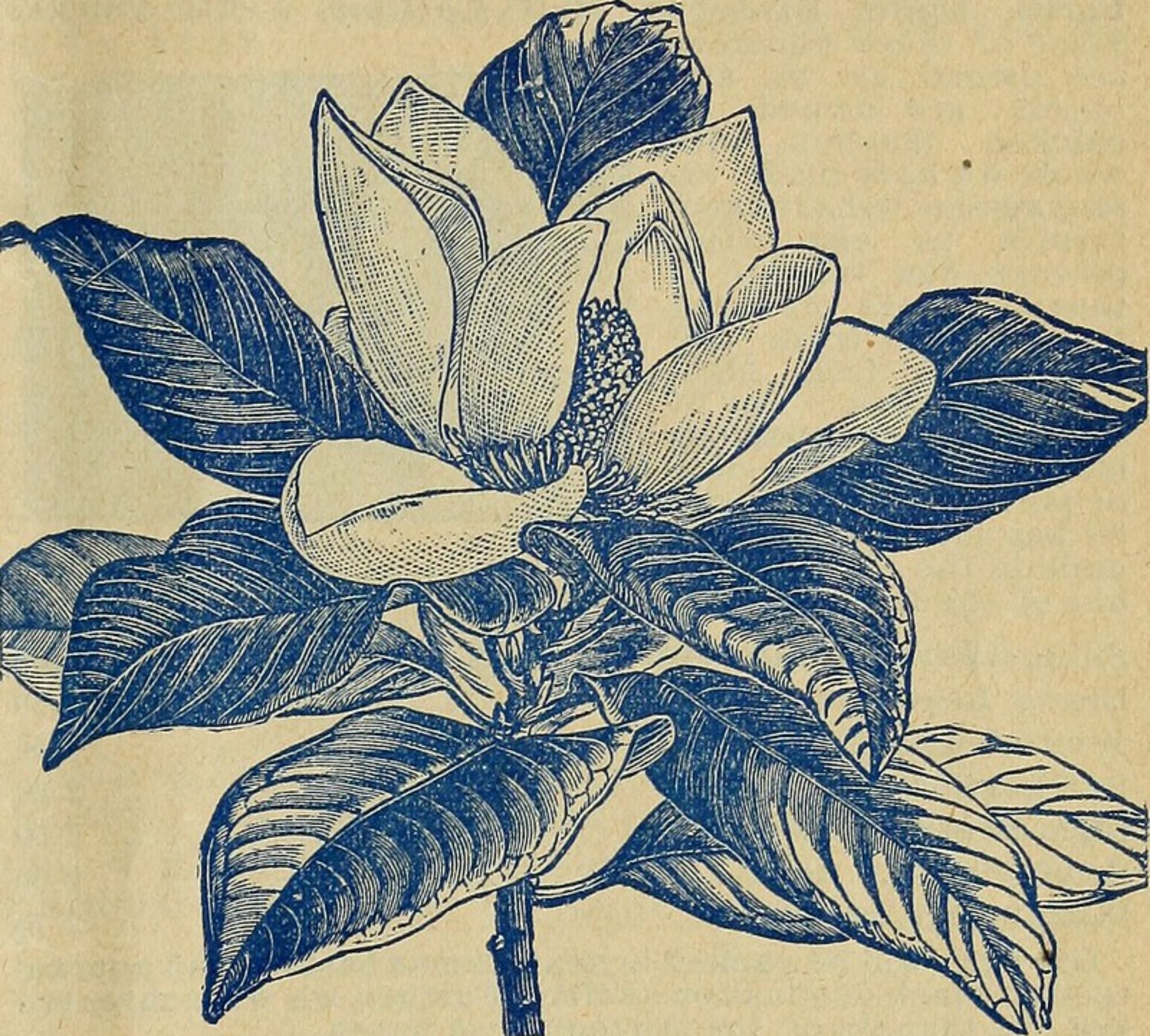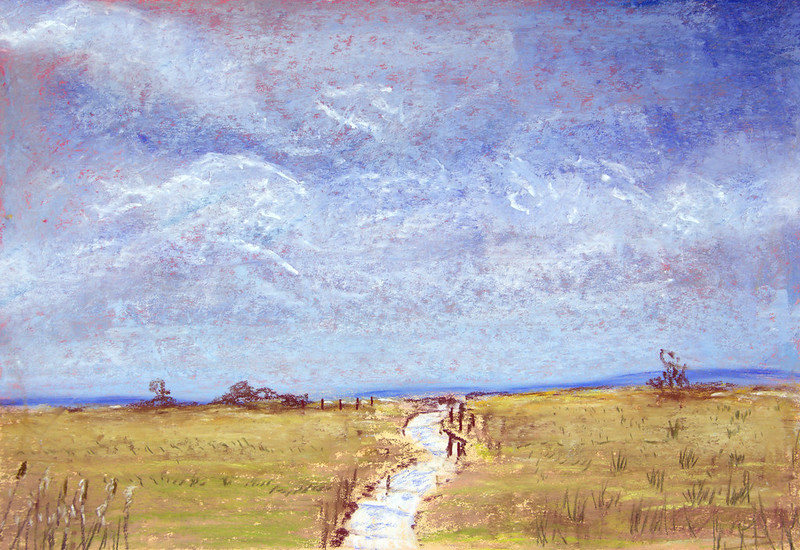Translated by Efrat Bloom
In his dream, the cry of the horse at the walls of Guernica
his petrified eye an apple probed by the lightning.
In his dream, the eyes of the wailing woman
in Jawad Salim’s “Freedom Monument.”
He rather prefers Salvador Dalí’s girl skinning the sea fur,
like a handkerchief, off the sand
to his dumb giraffes that reach to the end of the horizon,
drawers sticking out from their chests filled
with tongues of fire.
Dreaming or awake
in his hours of wandering about from office to office
with a bucket and a mop, he polishes the floors singing to himself
a sad old song, a-la-abodhia,1 in banks humming with the desolation of nightly trade
Peeking out now and then on a balcony in this city or another
(Madrid, London, clammy like the mucous of a snail
trampled underfoot, or maybe even Paris),
dreaming about who knows what,
about who knows whom, before
he is back
to scrubbing
silent as someone who knows
that he’ll never return to the marshlands.
And every time he reads the news
(News about certain birds from the Hebrides archipelago in Scotland, which for thousands of years used to migrate to the marshlands in south Iraq in the winter, and found out a few years ago that the marshes where they used to spend the winter ceased to exist. And so they wandered away and disappeared and no one knows what happened to them)
every time they drained a marsh, burnt a map,
wiped out a world, he would fervently start
a new canvas, inspired by the marshlands:
every catfish, water buffalo, and raven
every fishing net cast out in the wind
every boat drifting like a cradle or a coffin
on a sea of silt, in his room with its small window
like a hermit’s cell, where he paints the marshlands
with its men standing in their boats,
fishing with spears or nets,
in daylight or by the light of lanterns.
1An Iraqi folk genre
Sargon Boulus (1944-2007) is one of the best-known and most influential contemporary Arab poets. Born into an Assyrian Iraqi family, he started publishing his work in 1961 in the ground-breaking Shi’r [Poetry] magazine in Beirut, early on choosing Arabic as his writing language. After settling in San Francisco in the late 1960s he became an avid translator of modern English-language poetry into Arabic, publishing his own work as well as that of numerous British and American poets . He died in Berlin, October 2007.
(Adapted from Sargon Boulus, Knife Sharpener: Selected Poems, Banipal Books, 2009)
Efrat Bloom earned her PhD in Comparative Literature from the University of Michigan and has published articles on twentieth-century Jewish and Hebrew poetry and prose. Her poetry appeared in Israeli and American literary magazines and her book Acrostic is forthcoming with Carmel Publishing House, Israel.

